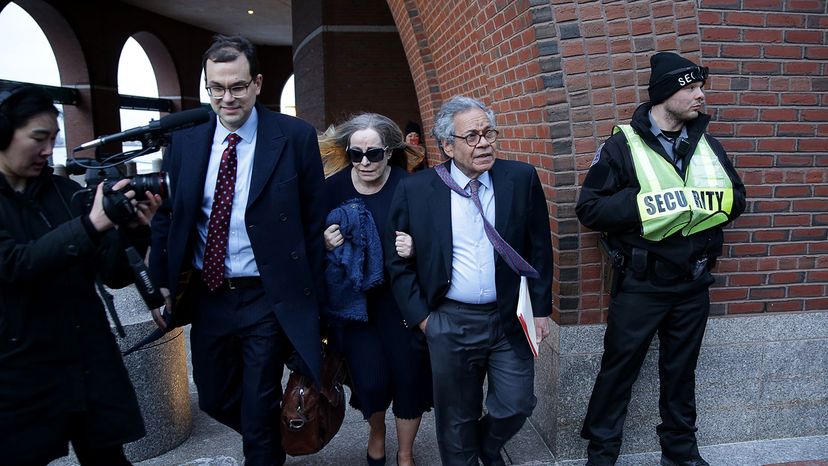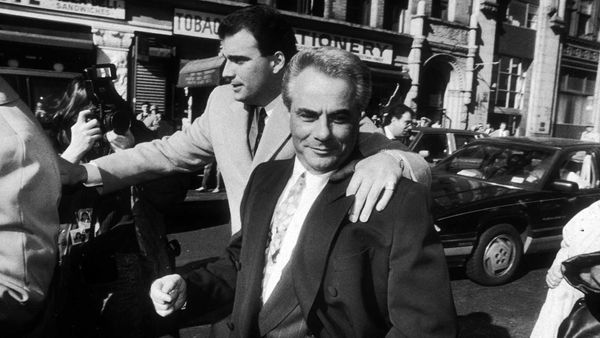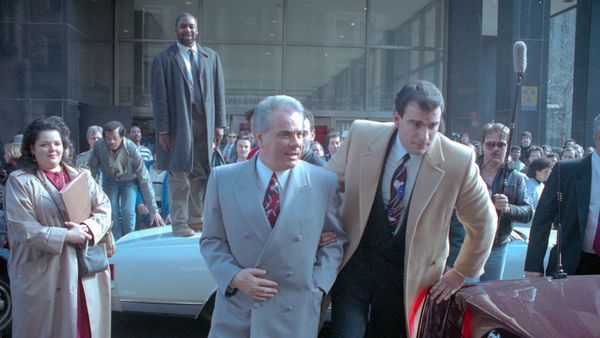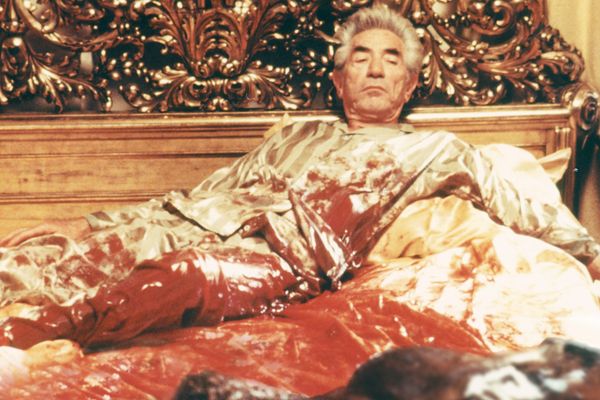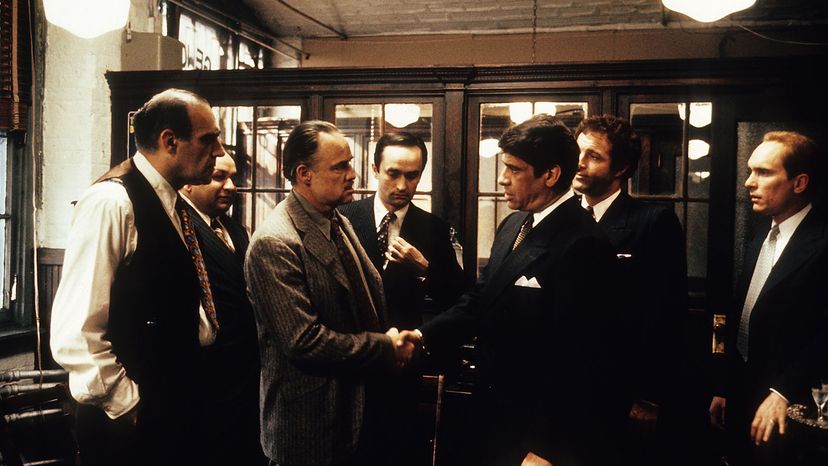
In a pivotal scene in the Academy Award-winning movie, "The Godfather," the aging Mafia kingpin Vito Corleone (played by Marlon Brando) calls a meeting of "the five families" of New York, New Jersey and Chicago, plus other prominent mafioso from across the United States, to strike a pact. Drugs were the new game in town and Corleone, hesitant at first about entering the narcotics business, proposes that the competing mob operations work together to control the drug trade nationwide.
"The Godfather" is fiction, but that scene is reminiscent of real-world criminal conspiracies hatched by mob bosses like John "the Dapper Don" Gotti of the Gambino crime family and Anthony "Tony Ducks" Corallo of the Lucchese syndicate. These types of backroom deals were the bread-and-butter of the mob business model for decades. The cops and FBI might nab some lower-level operatives for murder, bribery or extortion, but the bosses at the top were able to keep their hands clean. Gotti's business card said he was a salesman for a plumbing contractor, and since prosecutors couldn't connect him or other Mafia dons directly to specific crimes, the biggest criminals were seemingly untouchable.
Advertisement
Then came the RICO Act of 1970. Otherwise known as the Racketeer Influenced and Corrupt Organizations Act, RICO gave the Feds new power to indict mob kingpins for various "rackets" or crimes committed by their underlings.
"The philosophy behind RICO was to get the Vito Corleones of the world," says Jeffrey Grell, an attorney and adjunct professor at the University of Minnesota Law School who specializes in RICO law. "RICO goes into that conference room where you've got a bunch of people who never get their hands dirty, who aren't out dealing drugs, murdering people, or engaging in any criminal activity directly. Those are the people that RICO is designed to get, the people who engage others to engage in racketeering."
Advertisement
